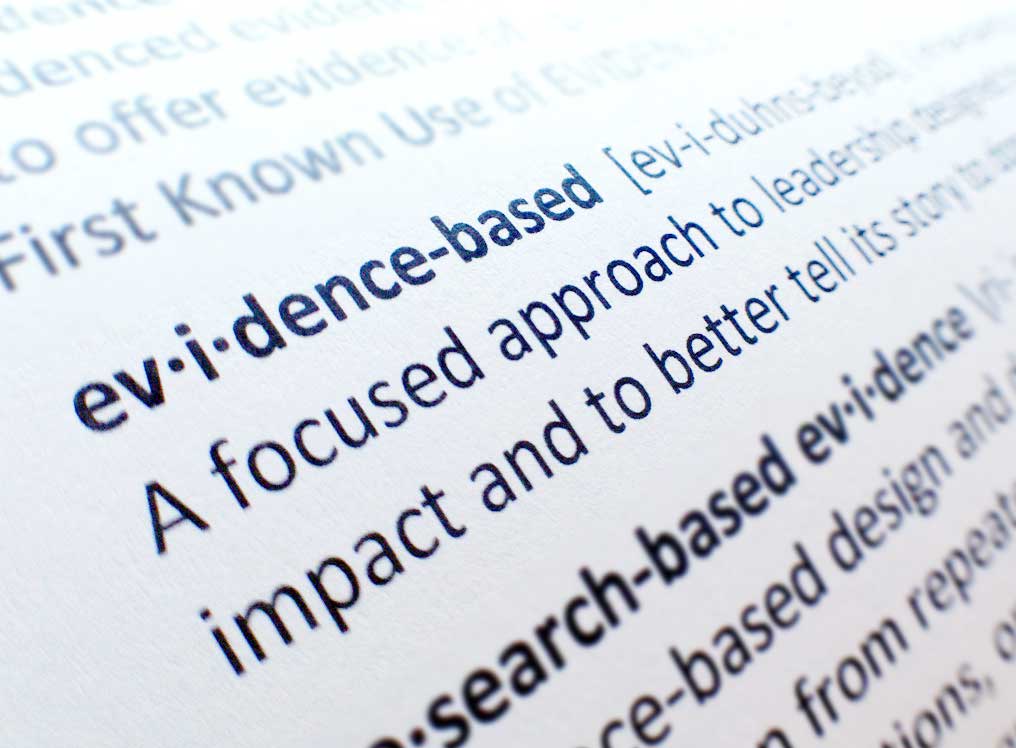The philosophy and history of evidence-based policy
Workshop, Royal Danish Library, Copenhagen, 29 Sept. 2017 @ 9 am - 4 pm

This is a worrying time for those who believe public policies should be based on the best evidence available. Some claim Western democracies have entered a post-factual era. On some issues, such as climate change and childhood vaccinations, many scientists worry their hard-won research findings have lost authority in society. There is a perceived decline of trust in scientific experts, which raises questions regarding the changing value of research with parallel changing ideologies. But just how should scientific evidence shape policy? Can philosophy and history of science be useful to understand the underlying enablers and constrains that dictate the role evidence plays in the machinery of governance? This workshop brings together scholars from philosophy and history of science to help shed light on epistemological and historical cases of ‘evidence-based’ (or ‘informed’) policy and policymaking. The workshop will address fundamental questions, including how to appropriately apply lessons from history and philosophy of science; how science can integrate moral, cultural, and political concerns; and how we can know if a policy has produced the desired outcomes. Speakers will discuss the role of causality, evidence and objectivity, and their implications for policy.
